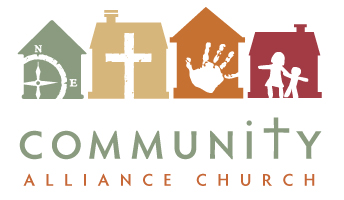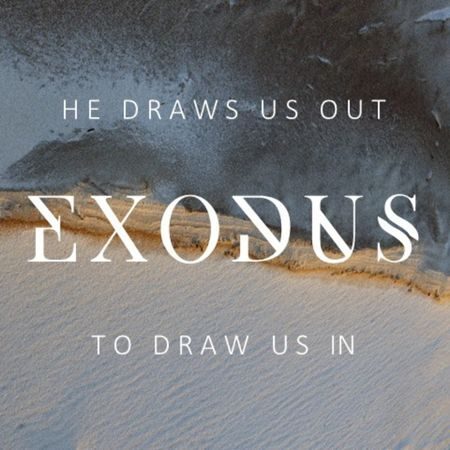In this series, we will explore the themes of God’s presence, God keeping his promises, liberation or deliverance from slavery, sacrifice, and the power of God. All of which foreshadow and point to the power and covenantal nature of the Gospel of Jesus with us
God is not silent. His Word is clear, sufficient and authoritative. God reveals His mercy through the plagues, revealing the lies upon which the Egyptians have built their lives. This sermon centers around Pharaoh’s question, “Who is the Lord, that I should obey his voice?” as this is an applicable questions in our day and age as well. Through the first five plagues he reveals the false promises of the Egyptian gods, just as God reveals the false promises of our American gods of comfort, wealth, and prosperity, by proclaiming himself as the “I AM.”


